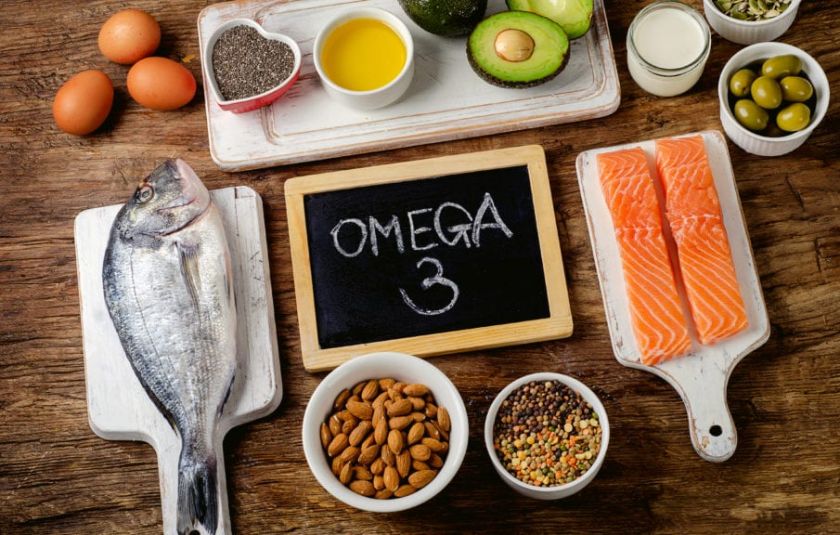“I eat 2-3 weekly meals containing cold-water fish such as salmon, cod, or albacore tuna.”
“I take 1-2 daily grams of EPA/DHA, in the form of Omega-3.”
It is well-reported that during periods of heavy training and racing, athletes are more susceptible to, and may experience, an increase in upper respiratory infection (URI). A “window of altered immunity” following prolonged or heavy exertion exists (that may last between three and 72 hours), wherein many components of the immune system exhibit change. This window is an opportunity for viruses and bacteria to gain a foothold. In addition, factors such as travel, low energy availability, and high levels of stress and anxiety also put athletes at risk. So, what can we do from a nutritional and lifestyle standpoint to combat getting sick?
The Core Diet Immunity Scorecard provides an opportunity to check in with yourself and your coach to ensure you are taking all steps possible to stay healthy. Omega 3 fatty acids (EPA/DHA in particular) are a piece of the immunity puzzle. Read below to find out more.
- Omega 3s are essential fatty acids, which indicates that they must be consumed in the diet as the body cannot make them. The three main omega 3 fatty acids are alpha-linolenic acid (ALA), eicosapentaenoic acid (EPA) and docosahexaenoic acid (DHA). ALA can be converted to EPA and DHA in the body but the conversion is quite poor.
- Good food sources of EPA/DHA include fatty fish such as salmon, herring, mackerel, sardines and albacore tuna. Food sources of ALA are plant based and include walnuts, chia seeds, ground flaxseed and flaxseed oil. As mentioned, because of the low conversion rate to EPA and DHA, ALA is generally considered an inefficient way to get omega 3s.
- Research has shown and continues to reveal the critical role that EPA/DHA play in cardiovascular health, cognitive function, muscle growth and recovery, immune modulation, management of inflammation, mood support and more!
- There are no established recommended daily allowances for EPA and DHA although research would suggest that a safe intake and good goal for athletes is 2-4 grams/day.
- Although a food first approach is always most appropriate, supplements are often indicated to meet these high demands. It is recommended to include 8-12 oz of fatty fish per week in your diet, in addition to taking omega 3 supplements to reach the 2-4 grams/day goal. If you are vegan or simply avoid fatty fish out of preference, most of your needs will need to be met through supplemental intake.
- Not all omega 3 supplements are created equal. There is a fair amount of research to suggest that triglyceride-based supplements are best absorbed. It’s also important to take note of the actual EPA/DHA content of the supplement, versus the “fish oil” content that is most often advertised. Klean Omega is an example of a triglyceride-based supplement and one softgel contain 0.75 grams of EPA/DHA.















Comments